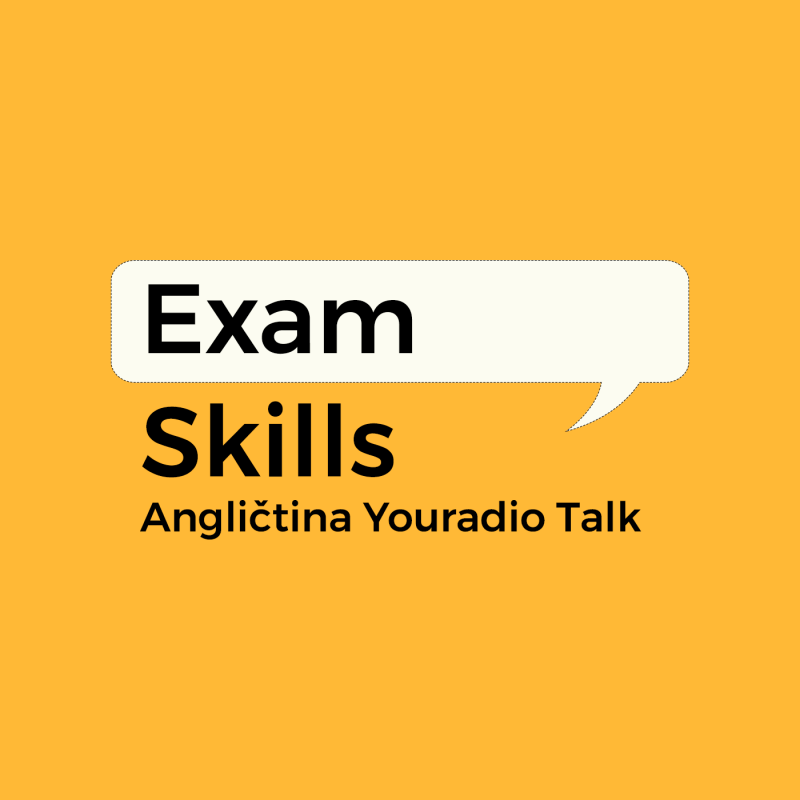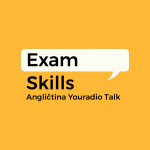Úvod
Podcasty
Osobní rozvoj
Exam Skills – Angličtina Youradio Talk
Programme 4: Vocabulary Notebooks & Word ...

Programme 4: Vocabulary Notebooks & Word Maps

Mark Shea: It’s very important that you treat vocabulary building systematically. You need to keep all of your new vocabulary in a particular place. It’s not enough to write it down on loose sheets of paper which you’ll never look at again. So you need a vocabulary notebook. treat - počínat si, zacházet (s něčím) vocabulary building - budování, rošiřování si slovní zásoby loose sheets of paper - volné papíry notebook - sešit Noriko: Actually I love revising, and I love to do the work that I’ve just done at school and I love to make vocabulary notebooks. Well I try to check the vocabulary notebooks every day. vocabulary notebooks - slovníčky to check - zkontrolovat, podívat se (na) Margaret John: I’ve seen lots of students walking around with copious notebooks filled with strings and strings of vocabulary, and these same students are rather despairing at the end of their exams because they’ve never been able to remember any of it. copious - hojný, nezčetný strings and strings of - řada, záplava rather - poněkud despairing - zoufalý Margaret John: One of the main problems is recording your vocabulary in a way that will help you remember it. And to do that, you have to gather together words and phrases in clusters that make sense, that connect with each other – because simply it helps the brain remember them. In other words, you can’t record words in isolation. to record - zapisovat, zaznamenávat to gather - shlukovat, dávat dohromady cluster - chumel, shluk, skupina that connect with each other - které k sobě patří to make sense - dávat smysl in other words - jinými slovy Margaret John: So, to begin at the beginning, buy the right notebook. You need a small ringbinder, with an alphabetical card system. This way you can group words under topics, and add more pages as you need them. You have to write down lists of words that connect with each other, words and phrases in clusters. That’s the way you’re going to remember them. ringbinder - kroužkový blok (pořadač) to group - dát dohromady, seskupit, přiřadit topic - téma to add - přidávat Margaret John: What about City Life, or your City? Start by writing down on a piece of paper as many words that you can think of, or words from your textbooks, or words from your articles, just any words that are to do with the city. textbook - učebnice article - článek that are to do with - mají něco společného s… Margaret John: Work out the headings under which to store your words. For example: Location, Work, Leisure, Facilities, Culture. And then you’ll find that the words will not only slip naturally into place, but you’ll begin to think of other words that will go under those headings. headings - hlavička, titul to store - ukládat, shromažďovat to slip - vklouznout Margaret John: So the thing you have to remember, is that you can begin by writing down hundreds of words, but you have to organise those words, if you’re going to have a really efficient word map, and be able to use them in examinations. word map - "slovní mapa"
Popis podcastu
Užitečné rady, simple techniques and handy hints, jak co nejlépe absolvovat zkoušku z angličtiny.